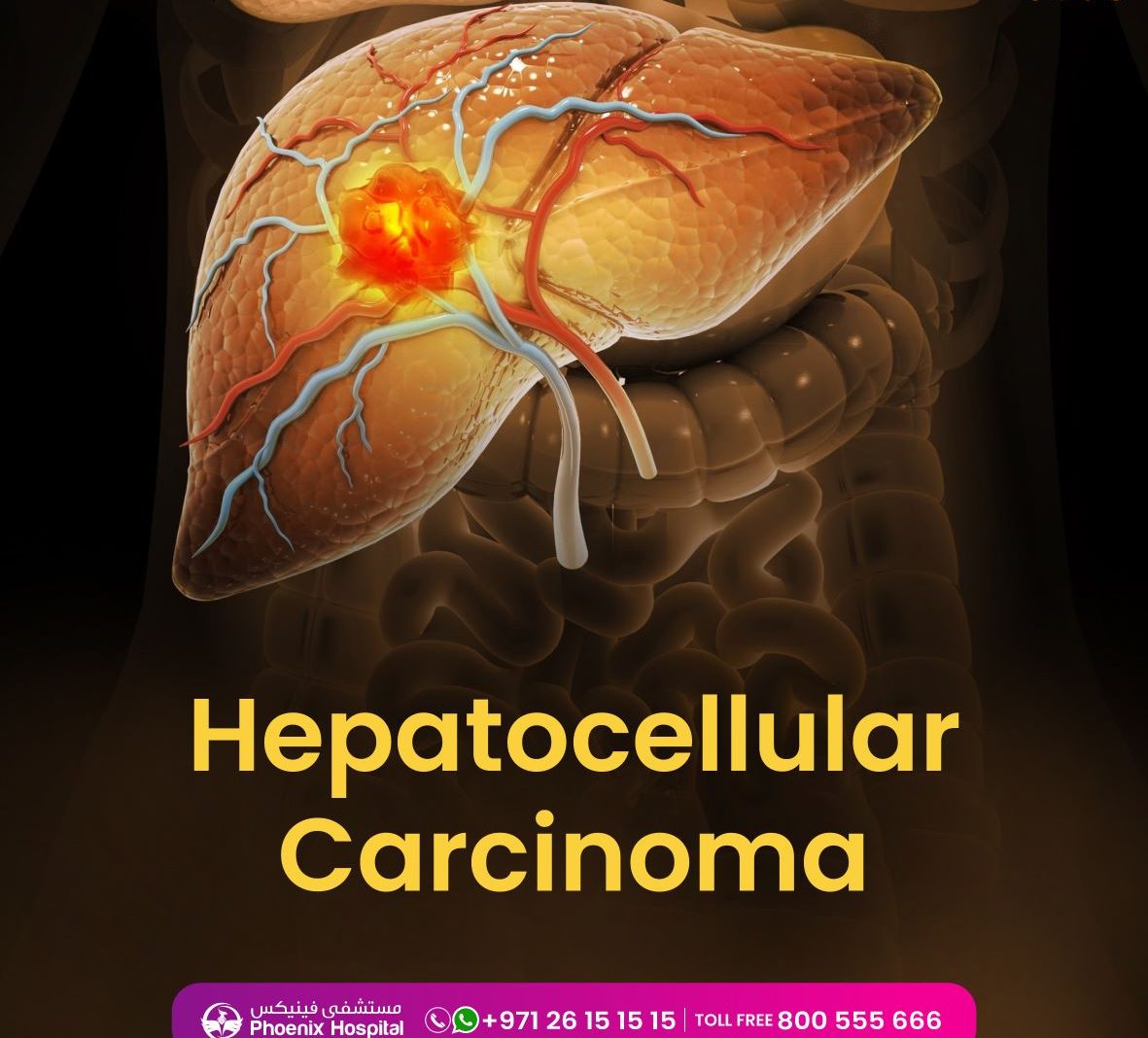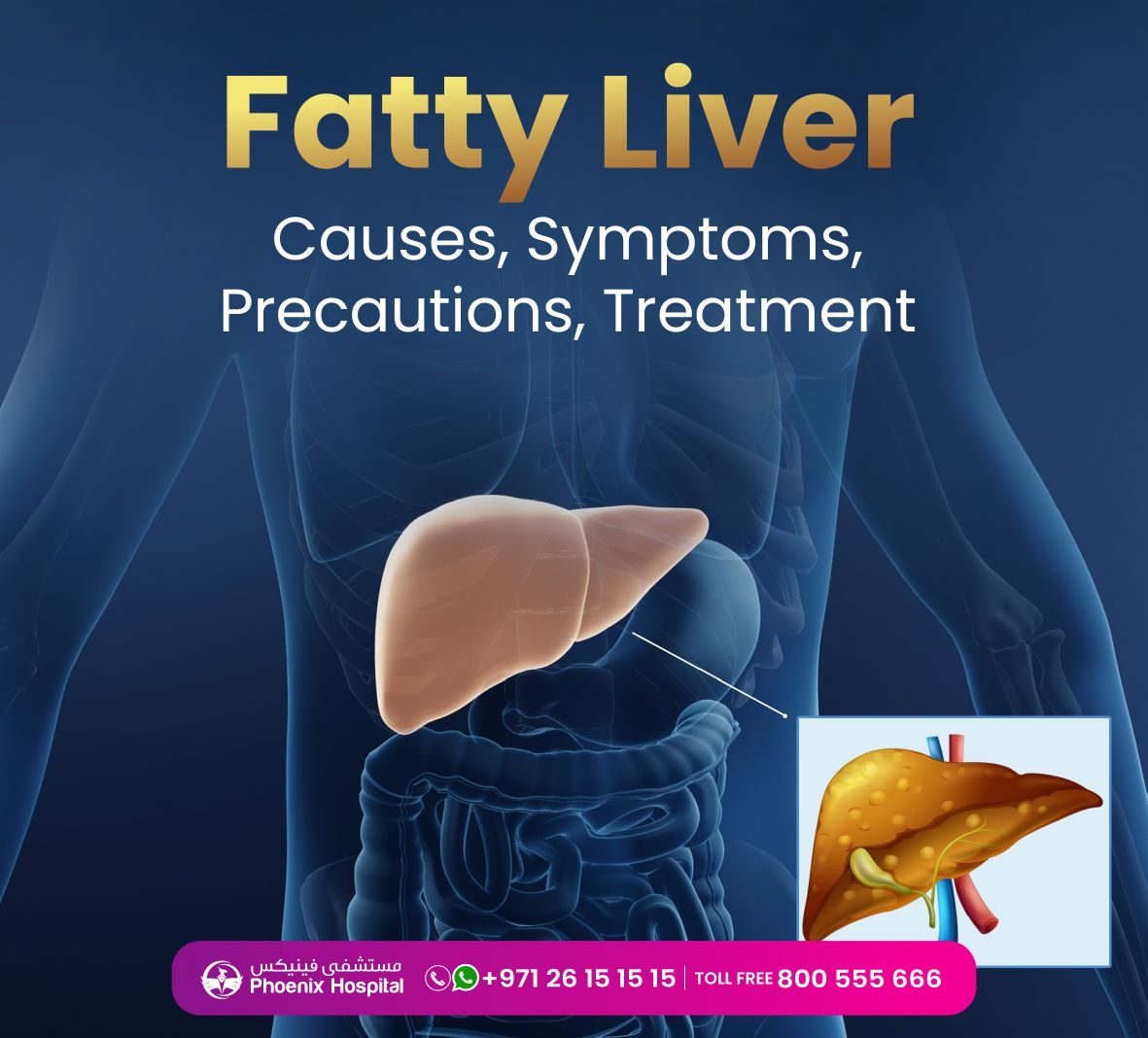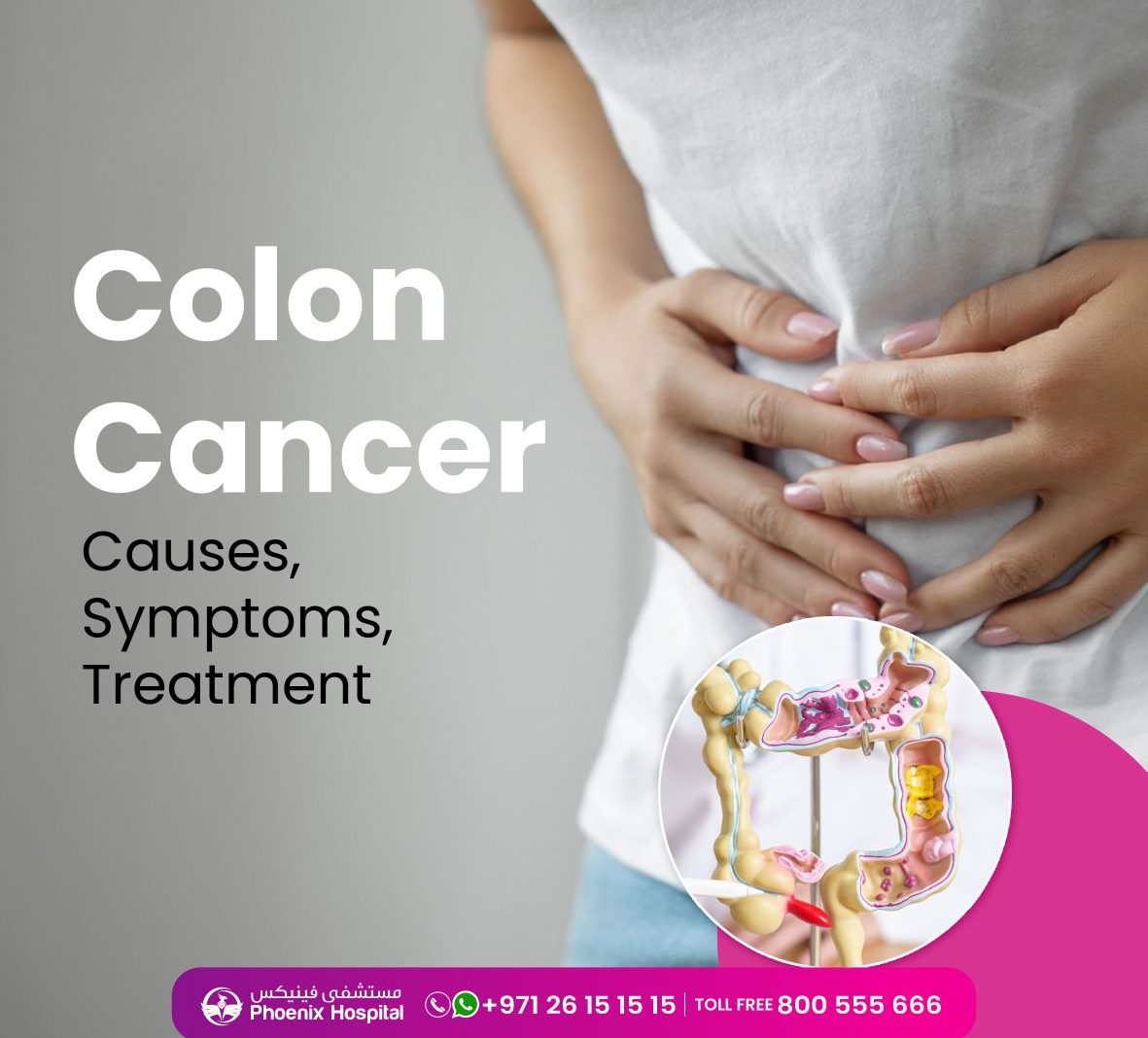
HCC – Hepatocellular Carcinoma, Symptoms, Treatments

Fatty liver – symptoms, causes, and digestion

Is Sunset to Sunrise Method Proven for Weight loss

Circadian Rhythm and Its Influence on Our Eating Habits

Colon Cancer – Symptoms, Causes, & Treatment

What is colon cancer?
Colon cancer or colorectal cancer is a type of cancer that occurs in the right colon, left colon, or rectum. It is one of the most common cancer types, which usually starts in the inner lining of the rectum or colon (large intestine) as small benign growths called polyps. Initially, polyps are not cancerous, but eventually, they can become cancerous.
If this was not detected earlier the polyps can grow and become cancerous, which can be spread to other parts of the body too. But it can be cured through regular screenings and adopting a healthy lifestyle.
When does it occur?
The large intestine, or colon, is a vital part of our digestive system composed of muscles, tissues, and mucus membranes. Within each cell, there is a structure known as DNA, which serves as an instruction manual, guiding the cell in its functions. Sometimes, structural changes can occur in this DNA due to various factors, leading to abnormal cell behavior. These changes may prompt cells to multiply rapidly, which can result in tumor formation. When this happens in the colon, it is called colon cancer. Abnormal cells with structural changes can outlive healthy cells and, as they accumulate, damage surrounding body tissues.
Why does it occur?
There is a misconception that colon cancer only happens if you are over the age of 45, but the reality is colon cancer can occur at any age. Major reason for all abdominal issues is the lifestyle we follow. The circadian rhythm change can affect the body’s balance.
Colon cancer’s exact cause is not always clear, but it is believed to be a combination of genetic, environmental, and lifestyle factors. Here are some factors that may contribute to colon cancer:
Age:The risk of colon cancer increases with age, and it is more commonly diagnosed in people over the age of 50. However, in the last 10 years colon cancer has been diagnosed in people over 20 years old.
Family history and genetics: There is a higher risk of colon cancer if you have black ancestors than other ethnicities. Family history of colon cancer or certain genetic syndromes like Lynch syndrome or familial adenomatous polyposis (FAP), your risk of colon cancer may be higher.
Personal history of polyps or inflammatory bowel disease (IBD): If you have a history of precancerous polyps or inflammatory bowel diseases such as ulcerative colitis or Crohn’s disease, your risk of colon cancer may increase.
Unhealthy lifestyle habits:Certain lifestyle factors, such as a diet high in red and processed meats, low in fiber, and lacking in fruits and vegetables, can increase the risk of colon cancer. Lack of physical activity, smoking, and excessive alcohol consumption are also linked to higher risk.
Obesity: Being overweight or obese may increase colon cancer risk.
Diabetes: People with type 2 diabetes may have an increased risk of colon cancer.
Radiation exposure: Previous radiation treatment for other cancers in the abdominal area may slightly increase colon cancer risk.
Symptoms
There is no such particular symptoms for colon cancer. It can be initially asymptomatic, especially in its early stages they have the same symptoms as other abdominal diseases. But it is always better to check if you are having any of these symptoms
Change in bowel habits: Constipation, diarrhea, a change in stool consistency may be a sign of colon cancer.
Blood in the stool: Rectal bleeding, you can see these as symptoms of other abdominal diseases
Abdominal pain:Persistent abdominal discomfort, pain, or cramps that persist for a long time may be a symptom of colon cancer.
Sudden weight loss: If you are losing weight without your knowledge, it’s critical to get it checked out by a healthcare professional, as it could be related to colon cancer or another underlying condition.
Unexplained anemia: Colon cancer may cause chronic bleeding, leading to iron deficiency anemia. This can result in symptoms like feeling tired, fatigue, pale skin, short of breath, and needing rest all the time.
Vomiting: vomiting just after you eat anything and it happens all the time
Bloating: Feeling bloated and heavy stomach and gassy.
Screening and Treatment options
Early detection and proper treatment are essential in managing colon cancer and minimizing its impact on the body’s overall health. Regular screenings and a healthy lifestyle can play a crucial role in prevention and well-being.
Screening for colon cancer
Colonoscopy is the most common screening method used by doctors for colon cancer.
Fecal immunochemical test (FIT): Stool analysis for blood
Guaiac-based fecal occult blood test (gFOBT): Checks whether blood is present in the stool
Fecal DNA test: Testing for genetic mutations and blood in the stool.
Virtual colonoscopy: It is an X-ray that looks for polyps, tumors and ulcers in your colon and rectum.
Flexible sigmoidoscopy: checking the inside of the colon
Treatment
Treatment for colon cancer depends on the stage of the cancer, the location and size of the tumor, and the overall health of the patient. Treatment options for colon cancer include:
Surgery: Remove the tumor and other related tissues in the early stages of colon cancer. In some cases, minimally invasive procedures like laparoscopic surgery may be used.
Chemotherapy: Uses drugs to kill cancer cells or prevent their growth. It is often used in advanced stages of colon cancer or after surgery to reduce cancer recurrence risk.
Radiation therapy: This treatment uses high-energy X-rays or other particles to destroy or damage cancer cells. It is sometimes used in combination with surgery or chemotherapy, particularly in rectal cancer cases.
Targeted therapy: Targeted drugs focus on specific molecules or pathways involved in cancer growth and progression. They may be used alone or in combination with other treatments.
Immunotherapy: Helps the immune system recognize and attack cancer cells. It has shown promise in treating some advanced colon cancer cases.
Palliative care: In cases where cancer has spread extensively, palliative care aims to provide relief from symptoms, manage pain, and improve the patient’s quality of life.
How to prevent it from happening?
Doing a full body checkup at least every 2 years. And once a year screening for abdominal health.
Choosing a healthy lifestyle like
Whom to see and when to see?
You have to visit the doctor whenever you are feeling the discomfort or you are feeling any change in your body.
You can initially visit a general practitioner to find the issue need to be taken to a gastroenterologist. Or else you can directly visit the gastro doctor.
“In Phoenix Hospital, our team of professional doctors and staffs are ready to help and deliver you the best possible care. It’s always good to take a second opinion, Our experienced doctors are willing to help you with your healthcare decisions. You can get in touch with us by clicking contact
You can also Schedule an appointment with our doctors through Book an Appointment”